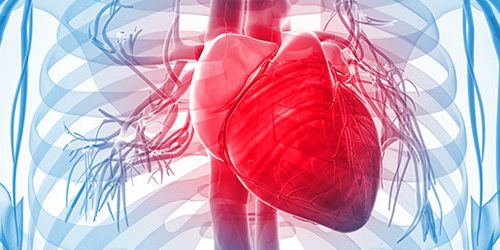
Growing new arteries – an alternative for stent or bypass surgery.
Coronary artery disease affects 4.2 million people in Australia. It is known that modern revascularisation strategies, that is, stenting or bypass are not suitable in up to 20% of patients. Currently there is no optimal treatment strategy for these patients. Dr Allahwala, Consultant Cardiologist at Royal North Shore Hospital, is seeking an alternative effective treatment strategy for this group of patients.
A chronic total occlusion (CTO) is found in 10-20% of patients undergoing coronary angiography. A CTO occurs when there is a blocked or occluded artery which supplies oxygen and blood to the heart, as occurs during a heart attack.
Dr Allahwala found through pilot studies that some patients with a CTO can develop and mature new arteries, called collaterals. These collaterals supply the heart muscle with blood and oxygen, thereby preventing a heart attack. The reasons and mechanisms why some people can develop new arteries and others can’t is unclear. The effect collaterals have on blood pressure and flow within the coronary vessels is also unknown.
Identifying the drivers of recruiting collaterals, will be the first step in determining future therapeutic targets for medications or invasive procedures. By performing comprehensive flow and pressure analysis in patients able to recruit collaterals, as well as identifying proteins, cells and molecules in the blood, these future targets may be identified.
This study could lead to alternative treatment options and improved outcome in patients for who currently there is no viable long term effective treatment available, that is potentially 20% of patients whom cardiologists see on a daily basis.
A grant from Heart Research Australia has enabled Dr Allahwala to work on understanding why certain patients with coronary artery disease are able to develop collaterals. The team has continued to gather information and scientific data on patients with collaterals. With the generous support from donors from Heart Research Australia, the team has been utilising state of the art equipment to gather data on 65 patients with new arteries. This has allowed the team to look for possible chemical and biomechanical causes of collateral development. He has published his interim data and work in the American Journal of Cardiology. Dr Allahwala is also currently working on exciting research looking at a possible link between obstructive sleep apnoea, snoring and developing collaterals, collaborating with researchers across Sydney.
